7 Christmas plants that are toxic to pets: experts warn against bringing them into your home for the holidays
You may want to rethink the placement of your fresh Christmas decorations because many common Christmas plants are poisonous to pets
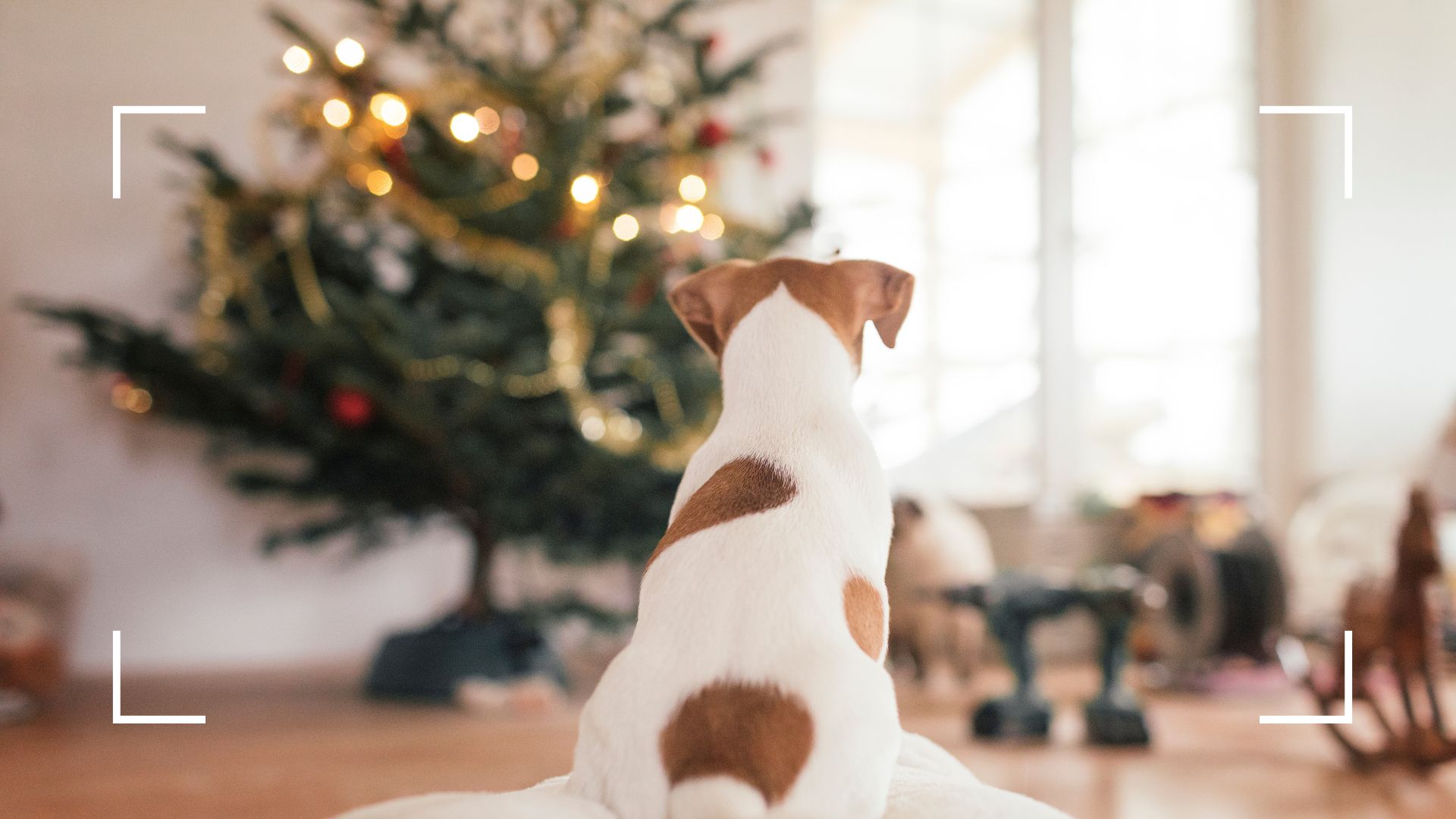

When decking the halls and filling your home with your favourite seasonal decorations you seldom think of potential dangers. Unfortunately, some of the most common and beloved Christmas plants can pose a nasty risk to our furry friends.
There's no denying that fresh poinsettias and decadent ivy are some of the best Christmas decorating ideas for a sophisticated home. They're timeless classics and along with other plants, they provide a lovely festive atmosphere.
However, similar to houseplants that are toxic to cats, many of the classic Christmas plants are poisonous to pets and can make them extremely ill. We spoke to vets and plant experts to find out which plants we should avoid this holiday season.
7 Christmas plants poisonous to pets
Before you choose your Christmas tree theme and cover your home in your favourite garlands it's a good idea to check what foliage is appropriate for your pets.
Some of these might surprise you and also have you a little disappointed you can't display them, however finding out-of-reach placements can be the solution.
1. Poinsettia
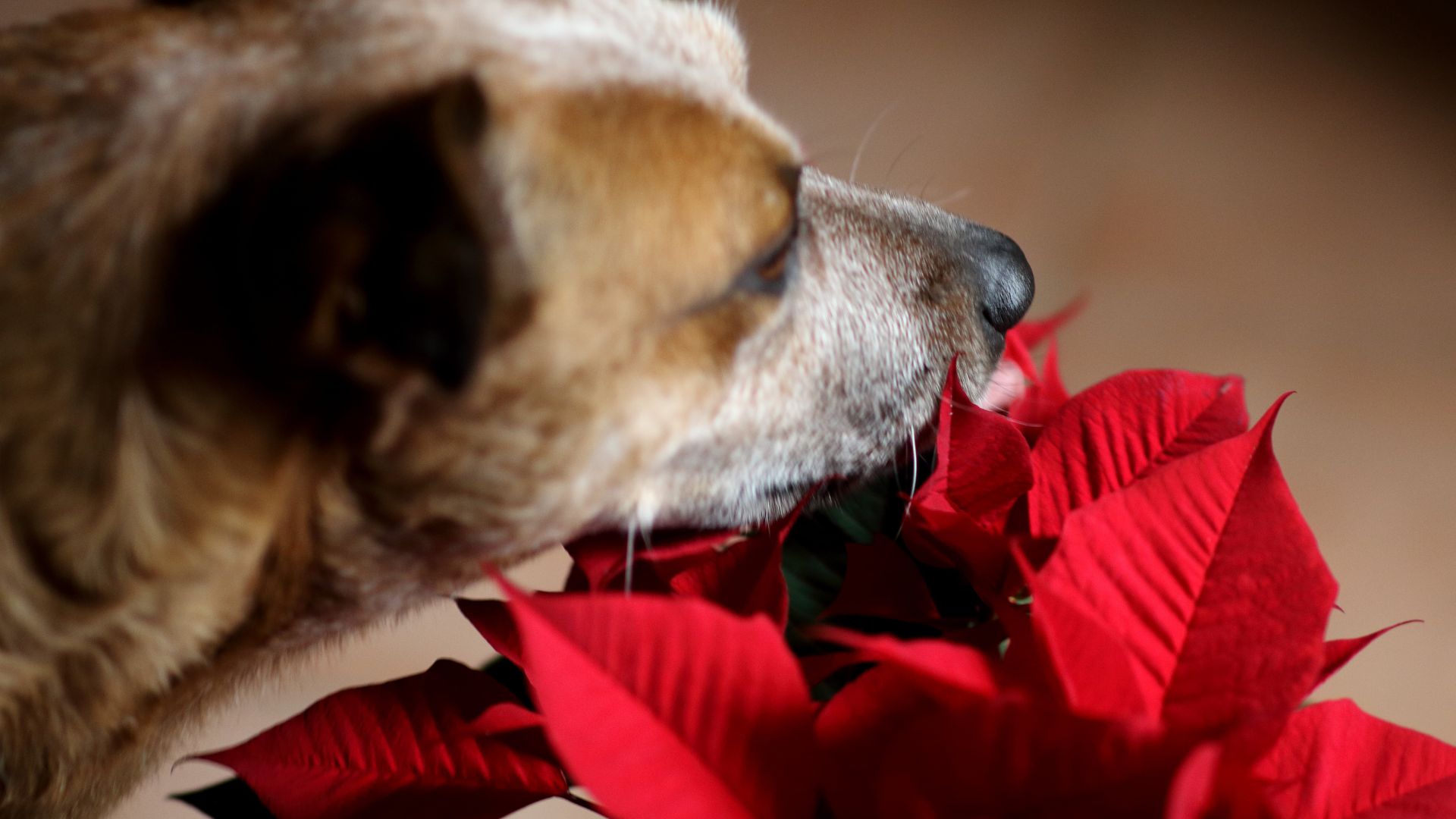
Don't start regretting learning how to care for a poinsettia just yet, while the plant does in fact belong on this list there are ways to still keep them as a holiday tradition.
Sean McCormack, Head Vet at Tails.com says, "Poinsettias are, unfortunately, poisonous to dogs and cats for that matter but they’re not so highly toxic that you need to avoid giving them to your pet-loving relative or friend."
Sign up for the woman&home newsletter
Sign up to our free daily email for the latest royal and entertainment news, interesting opinion, expert advice on styling and beauty trends, and no-nonsense guides to the health and wellness questions you want answered.
"In fact, while the ingesting of poinsettia sap (which is milky white in colour) isn’t good for your pet, it won’t cause any life-threatening issues," He explains. "The worst cases usually result in some vomiting, dribbling and very rarely, diarrhoea."
Should you catch your pet munching on a poinsettia leaf then act quickly and take it away from them immediately. Sean explains that you might want to put your pet on an easily cleaned floor and keep an eye on them.
"They almost certainly won’t require a trip to the vet, but it’s worth determining which end the issues are likely to come from," Sean finishes.

As the voice of dog health and welfare at tails.com, Sean's role involves internal and external education through training, content generation and data led nutrition research. He is also the Founder and Chair of Ealing Wildlife Group, a local conservation group and online forum advocating for wildlife, biodiversity and green spaces in the borough of Ealing, West London.
2. Holly
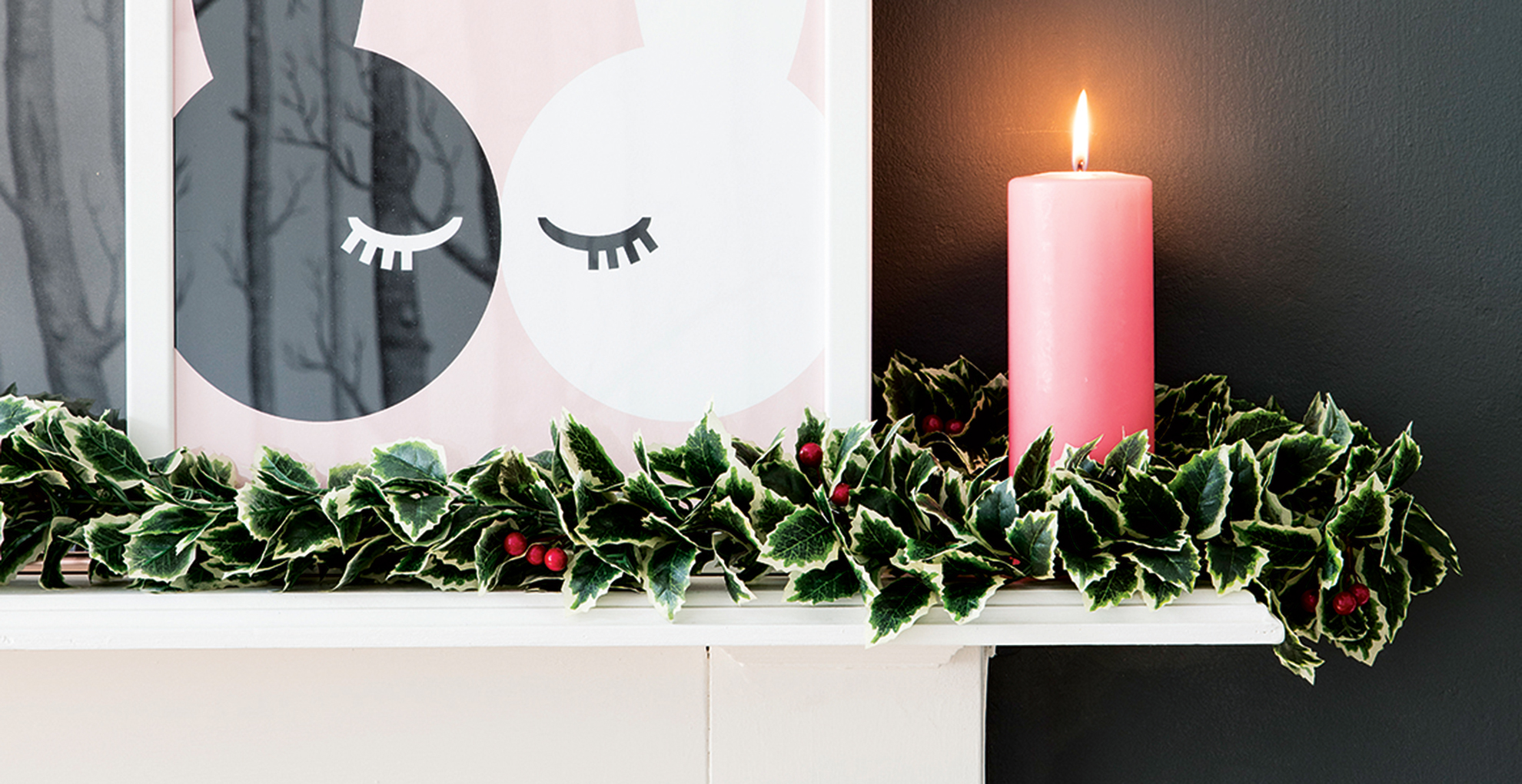
Perhaps one of the most iconic Christmas plants is the holly. Whilst grown outside, it usually finds its way into our home through wreaths and garlands. It might even be one of your favourite Christmas tree decorating ideas, either way, it's not so festive for pets.
"The spiked leaves can cause bleeding in the mouth or throat, and the berries are very toxic for dogs, cats and humans, and can cause severe diarrhoea and vomiting," explains Sean. "Holly contains chemicals called ilicin, saponins and methylxanthines which make the plant toxic."
To stop this from happening, Sean stresses the importance of prevention. He says, "At home, prevention is the best course of action. It’s better to not have any houseplants that are harmful to dogs. And if you do, just pop them in places where the dog can’t get at them."
3. Mistletoe
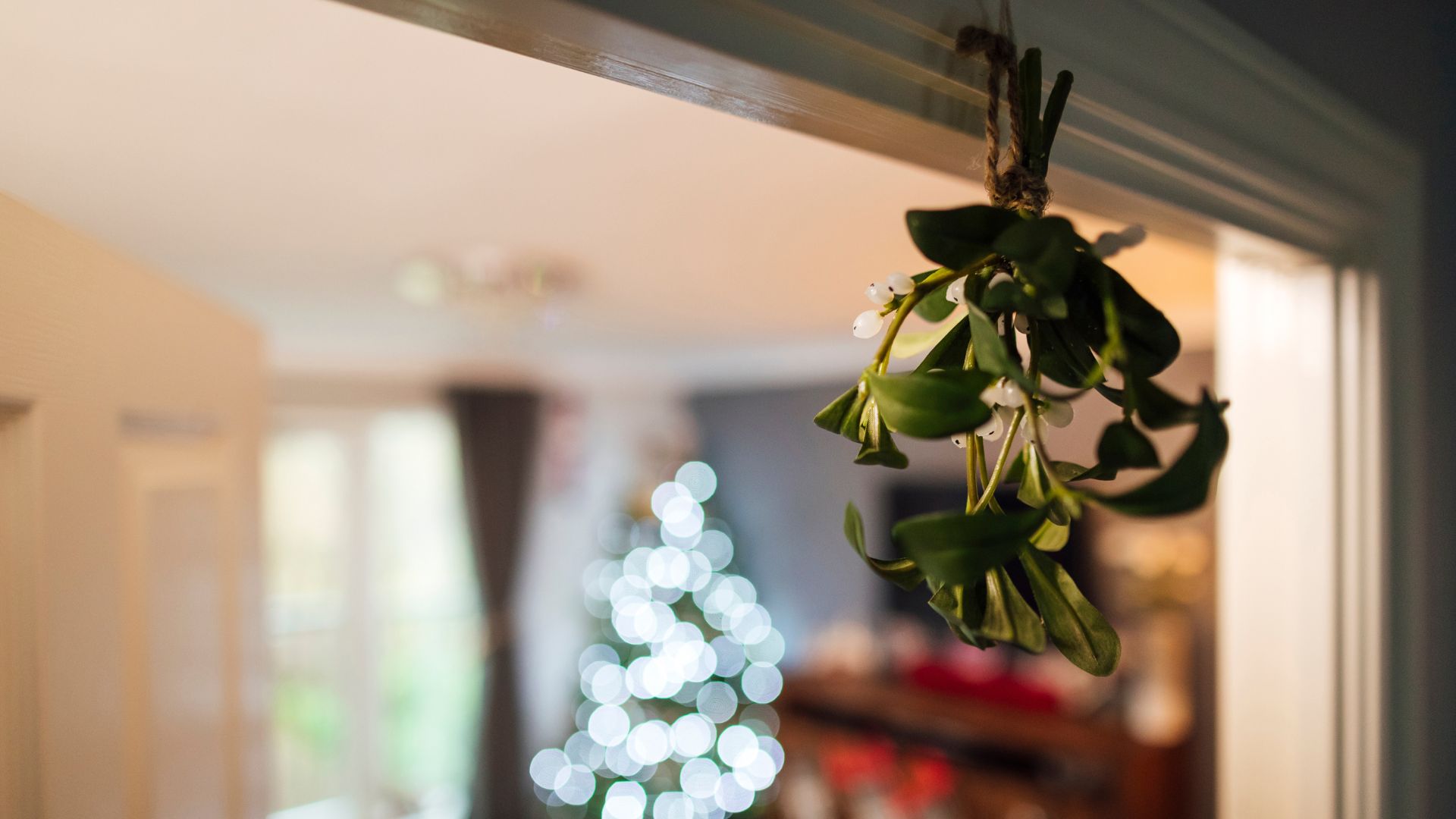
When you think of mistletoe you'll probably envision stolen kisses and festive romance, however, it can also lead to your pet throwing up. Although it's usually high up hung on doorframes, lots of fresh decorations may include mistletoe.
"Mistletoe contains toxic compounds that can cause various symptoms when ingested, and in some cases, fatalities," warns David Denyer, Eflorist’s flower expert. "The severity of symptoms depends on the amount ingested and the size of the pet, but common symptoms include vomiting and diarrhoea."
Should you suspect your dog has eaten mistletoe, especially if it's a large amount David advises you take your pet to the vet as soon as possible for medical advice.

David Denyer is a passionate florist with over 35 years of experience. His work has earned him numerous accolades, including being named Interflora's "Florist of the Year" twice and winning multiple Chelsea Flower Show Gold Medals. At Eflorist, David ensures that each bouquet reflects his dedication, making every arrangement a memorable gift. He’s particularly fond of poinsettias, which he believes add a beautiful and festive touch to any holiday celebration.
4. Christmas trees
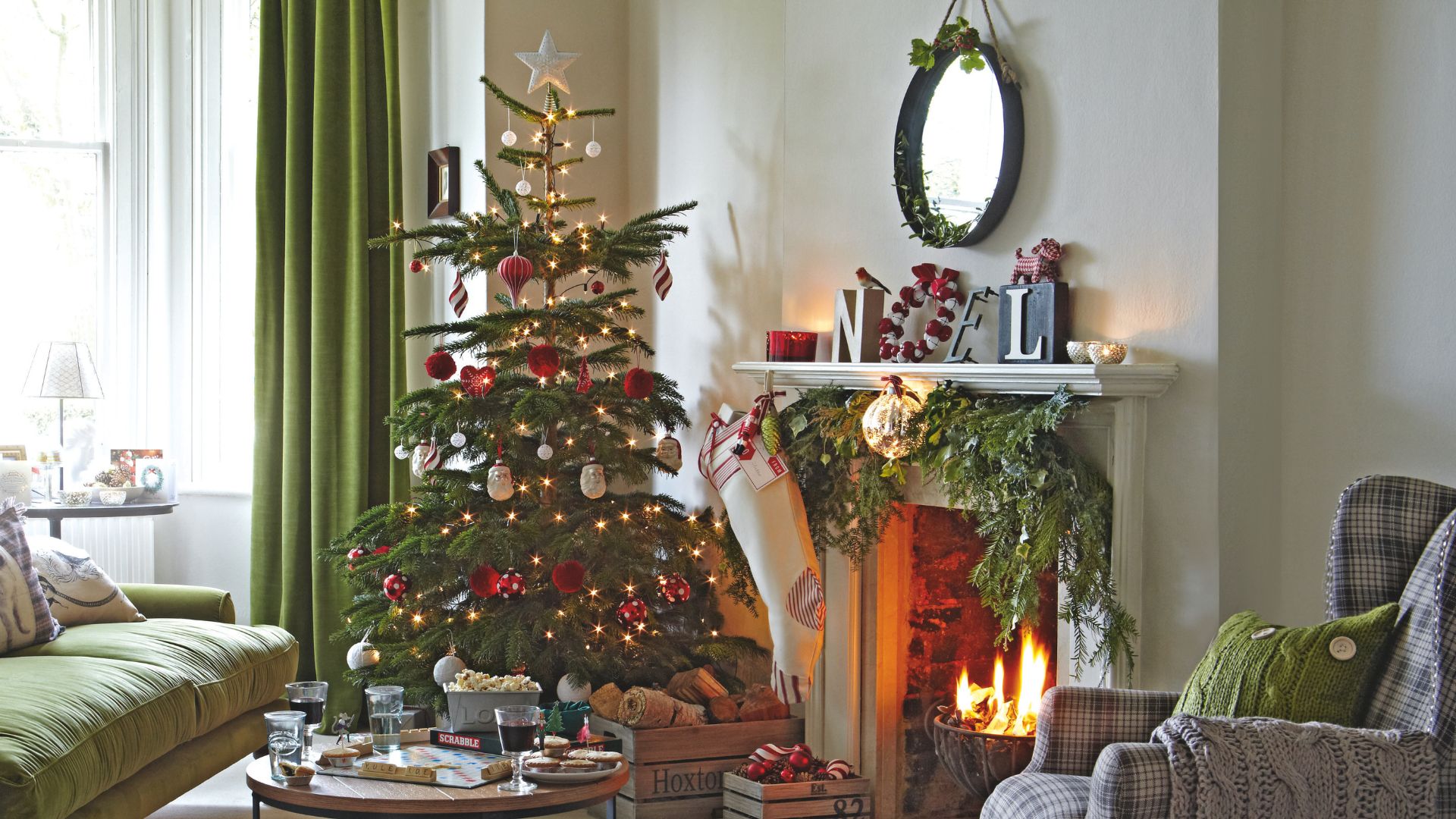
You might be more concerned with how to keep your Christmas tree alive for longer than how it could be a dangerous plant to have in your pet-friendly home.
Sean says, "Your real tree can be harmful to your dog if they get too close to it. The pine needles present potential choking hazards, as they are nearly impossible to digest can get clogged in your dog's throat or intestines, and can get trapped in your dog’s paws."
To prevent any harm coming to your pet or your tree, Sean suggests stopping your furry family member from having any alone time with your Christmas tree.
He says, "Pups are far more likely to get up to mischief without their owners around to tell them off. But if this isn't an option then putting a gate or some kind of border around your tree will also prevent your pup from getting too close to it."
5. Yew
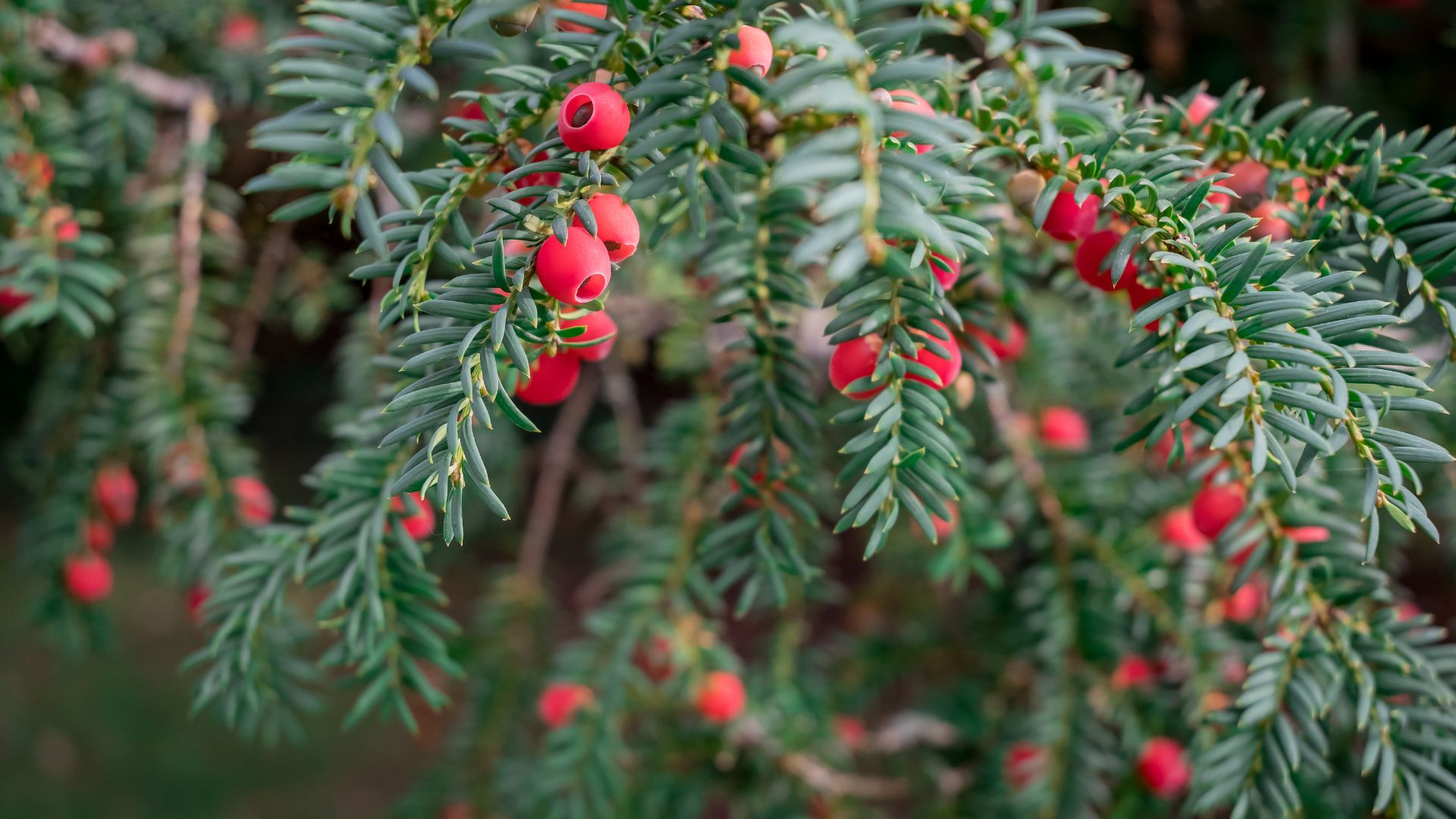
As one of the best garden plants every plot needs, Yew may have already found itself a home in your outdoor space. Thanks to its deep green foliage and merry red berries, it may have also found itself included in your Christmas decorations.
"The Yew may be a Christmas staple but it is dangerous to have around if you have a nosey puppy. When ingested they can cause dizziness, dry mouth, salivation and vomiting," warns Sean.
He continues, "When our four-legged friends are exploring outside, they use their noses and mouths to investigate their surroundings. For this reason, it is important to stay vigilant and make sure they avoid coming into contact with any harmful plants."
6. Ivy
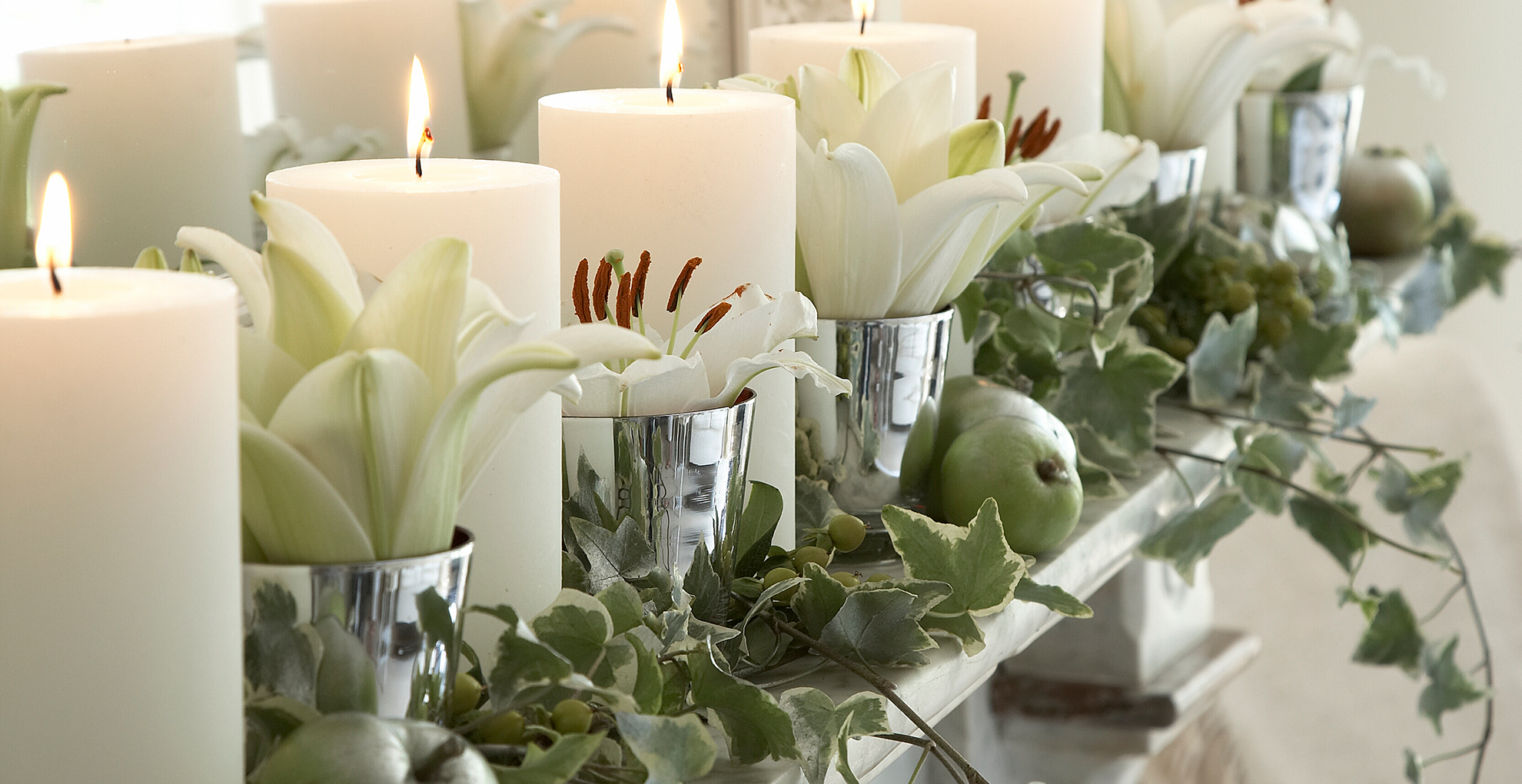
Another classic foliage that you'll see included in most fresh Christmas garlands, Ivy isn't just one of the best houseplants for homes with low light.
Sean explains, "While ivy is considered one of the most popular Christmas plants, it is considered toxic to pets so if you have a four-legged friend it's important to keep them out of reach inside your home or garden."
If your dog or cat ingests the plant it will cause a seriously upset stomach and in some cases can irritate the dog's skin if the two come in contact.
7. Pinecones
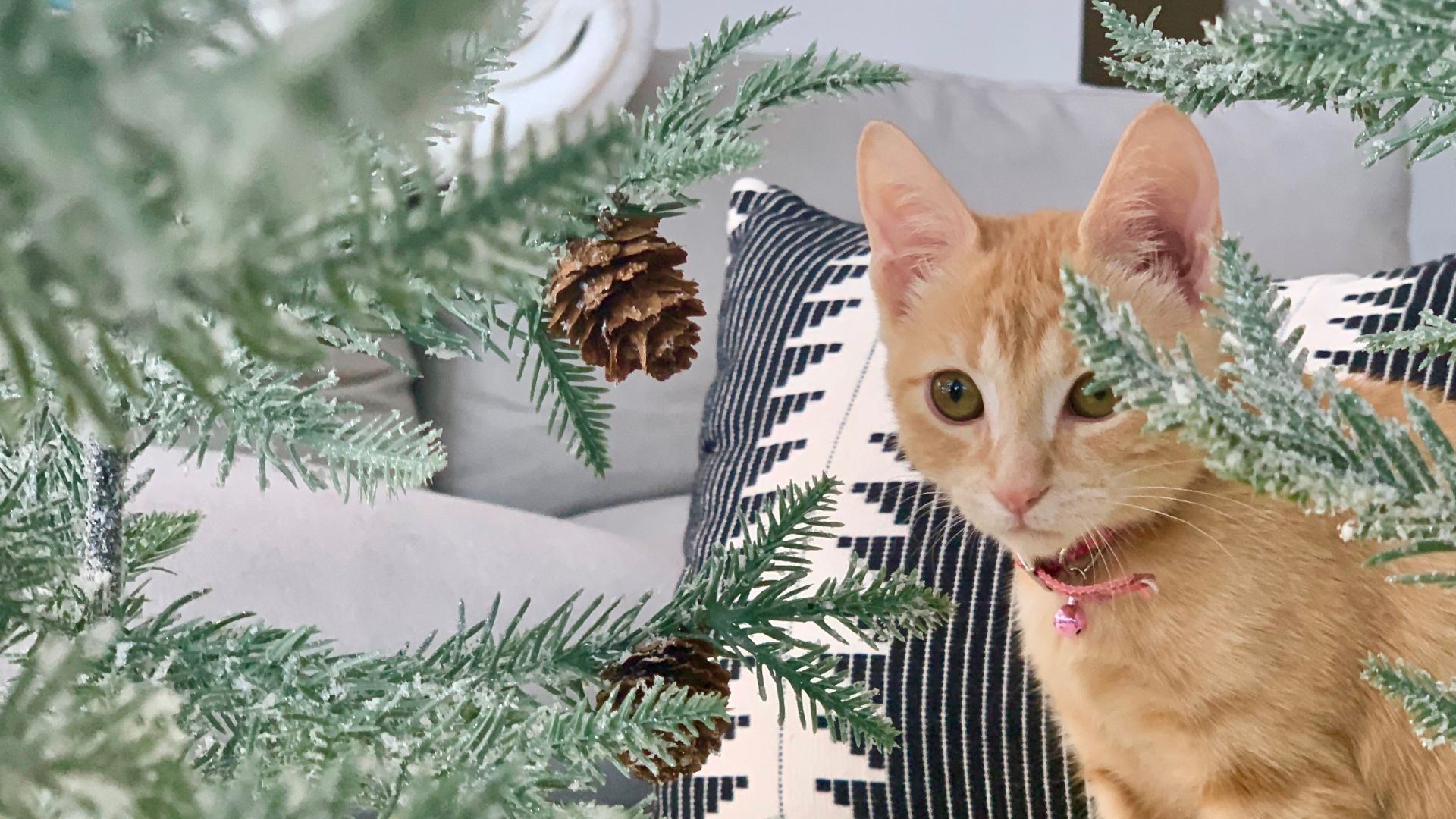
Pinecones aren't just some of the best natural ideas for autumn decor but they also stick around until Christmas day too. Luckily these woody additions aren't too dangerous.
"You find these everywhere at this time of year, and thankfully, these are not toxic to dogs. They can be choking hazards though, so keep an eye out for that," says Sean.
You don't want your dog mistaking one for its favourite toy, or you'll be adding a vet bill onto the Christmas costs this year.
Shop ways to safely elevate your decorations
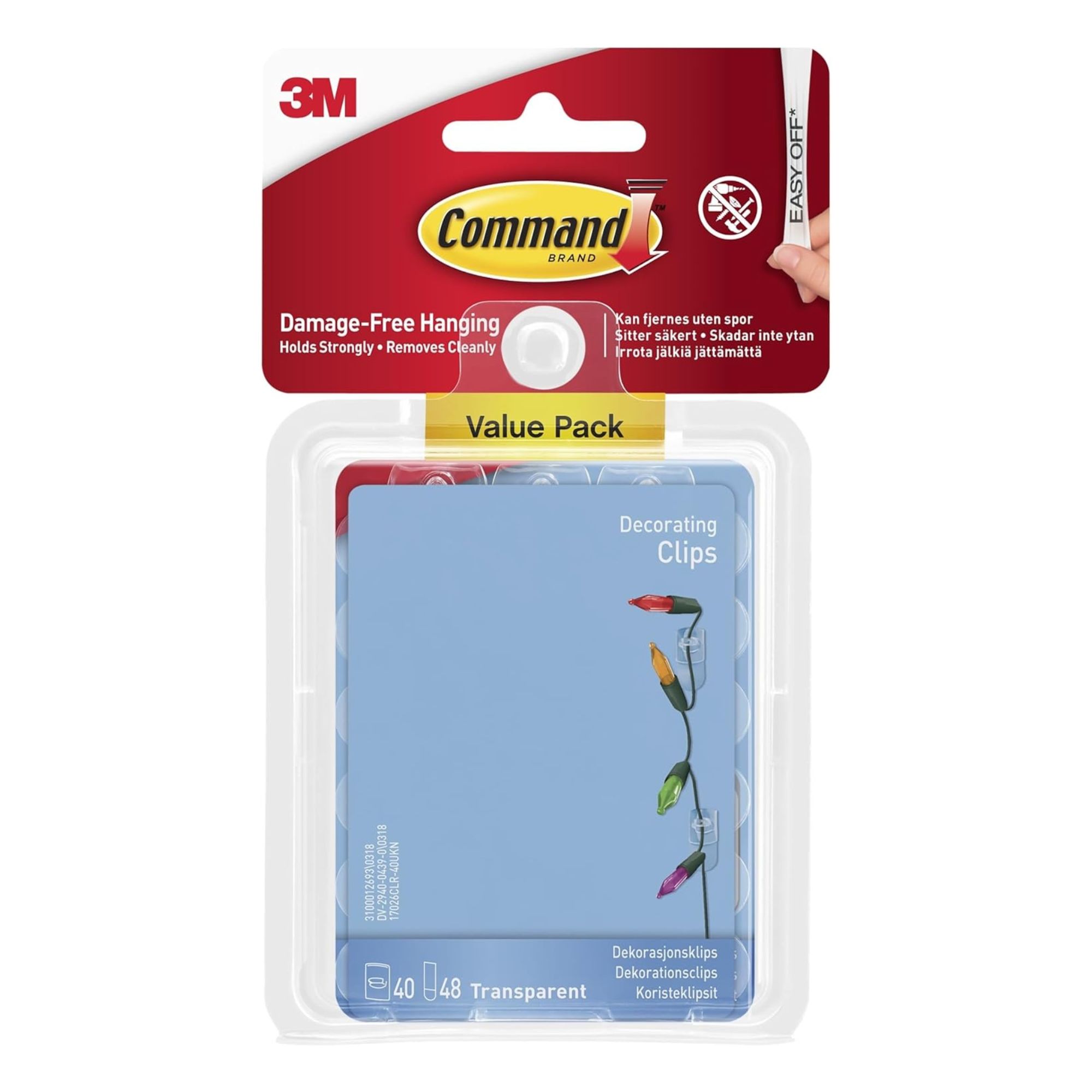
RRP: £4.81 | These decorating clips are perfect for hanging any lighter decorations, you can use them anywhere in your home without having to worry about leaving a blue-tack stain.
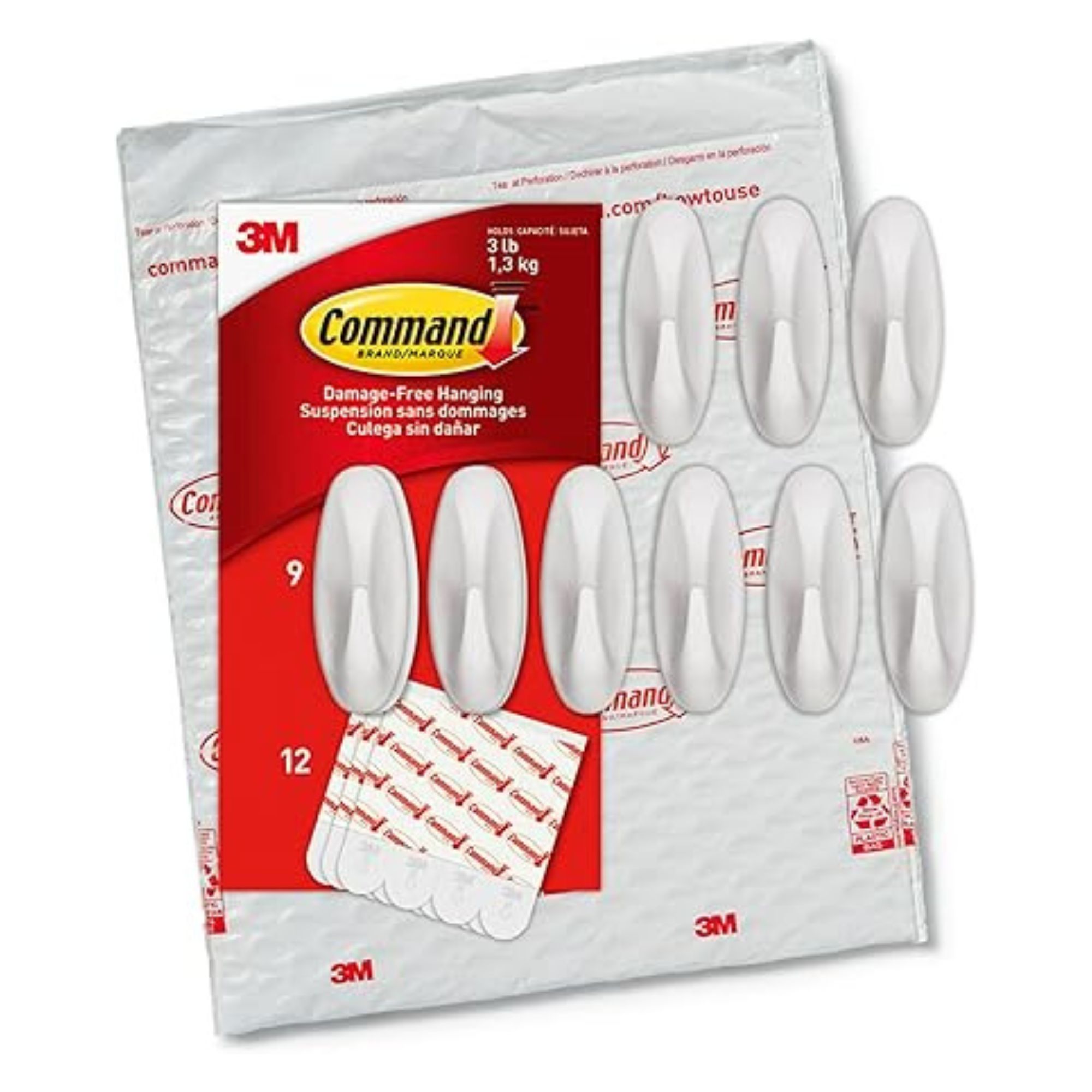
RRP: £8.57 | If you've got a heavier wreath then these command hooks are ideal for keeping it high and away from curious paws or teeth. We'd also recommend
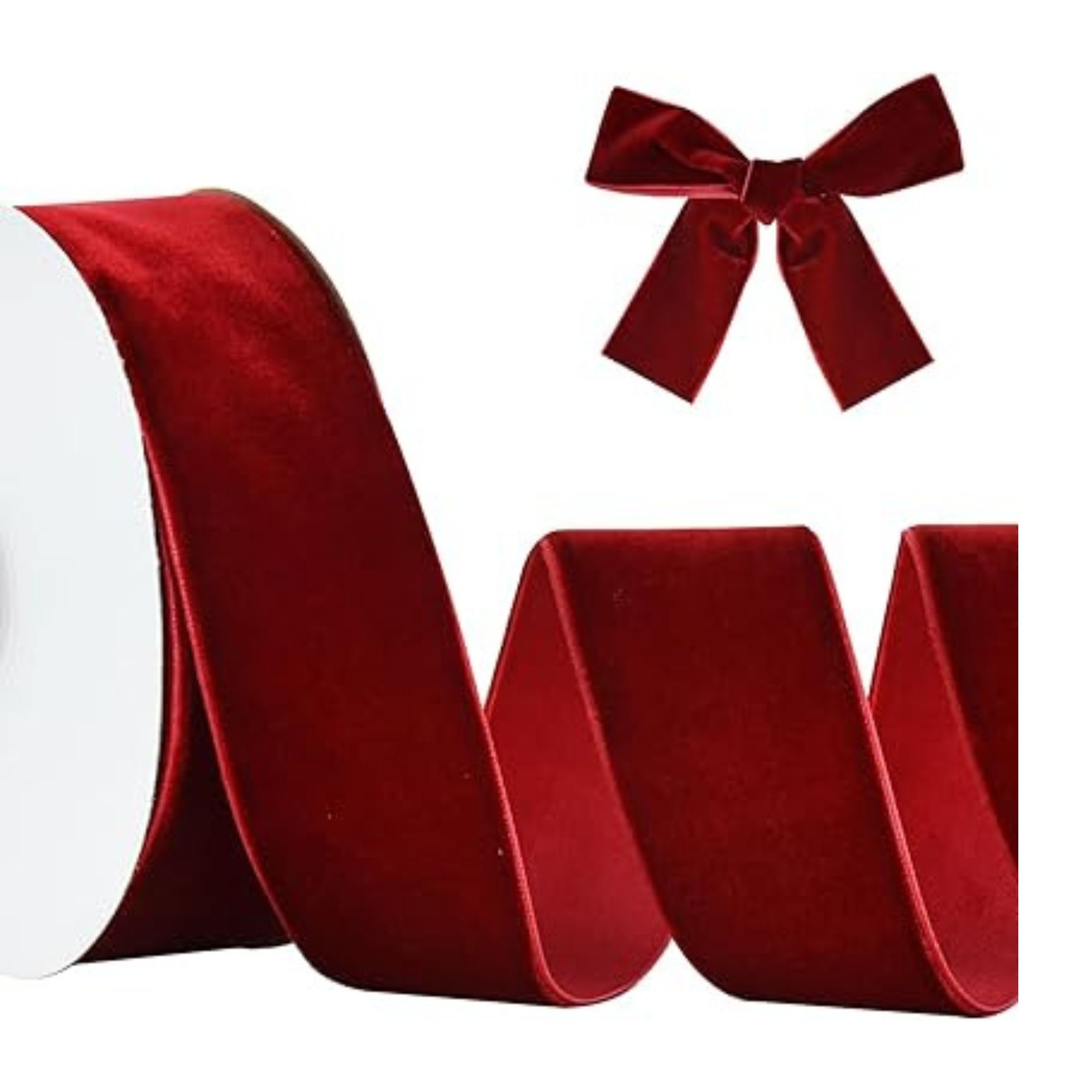
RRP: £12.99 | Looking for a more stylish way to hand your Christmas foliage? This deep red ribbon is the perfect thing for getting the job done whilst adding even more festive glamour to your home.
FAQs
Are Christmas trees toxic to cats and dogs?
As mentioned previously you might have to put more thought into your tree this year than how to make it look expensive.
Dr Samantha Butler-Davies MRCVS, Veterinary Services Director at Pets at Home says, "While Christmas trees are not highly toxic, the Pine needles can similarly cause gastrointestinal upsets and irritation of their mouths."
To reduce the risk of this, Dr Samantha advises, "Ensure you clean up any fallen needles and cover the water at the base of the tree, your pet may be tempted to drink it but it can contain fertilisers or pesticides used on the tree and secure it with a sturdy stand to prevent it from toppling over onto your pets."
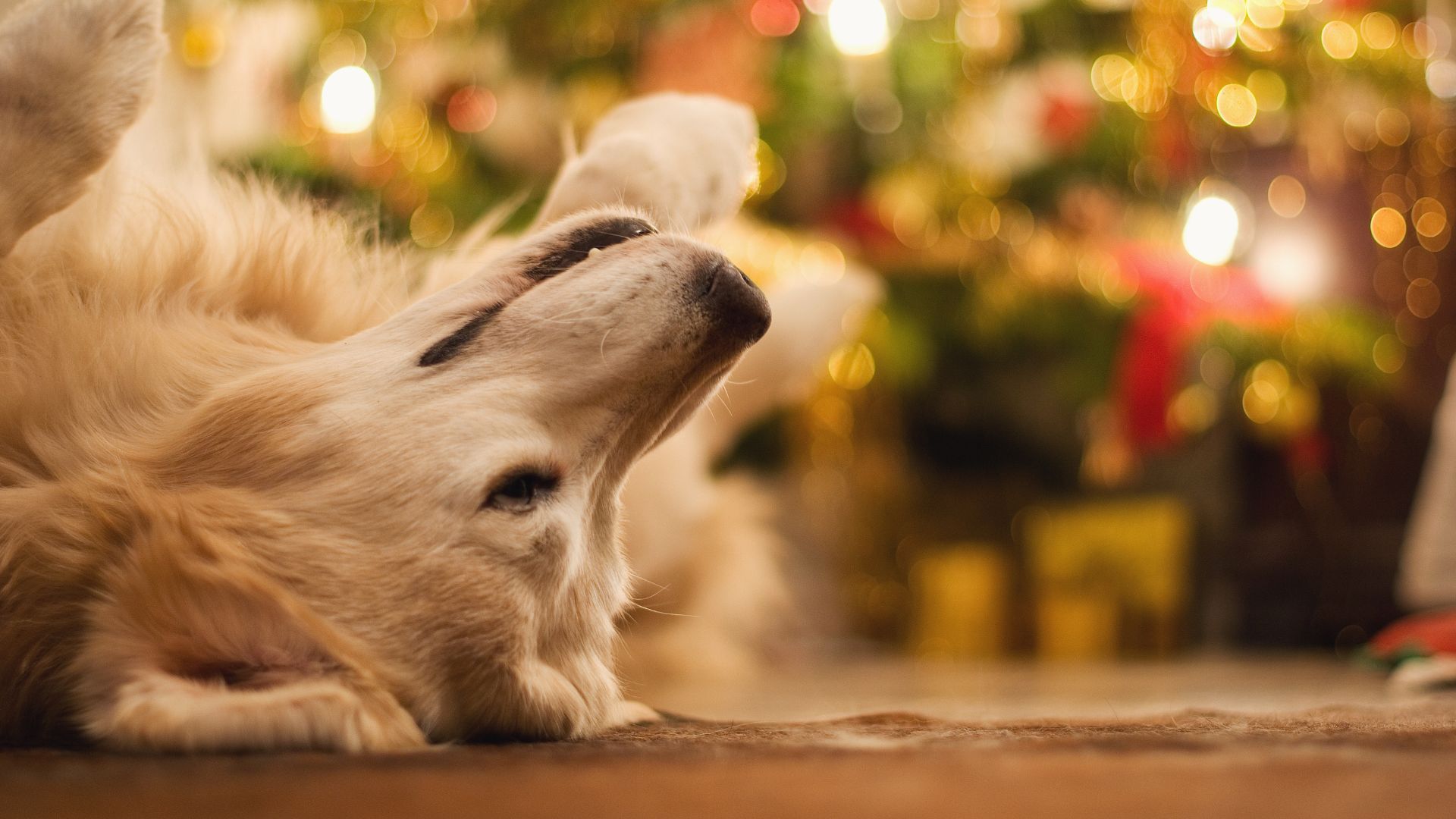
Are Christmas wreaths safe for cats and dogs?
Christmas wreaths are as just as much a part of the holiday season as the best Christmas candles are, every home is incomplete without one. But the question is, do they pose a threat to your pets?
"Wreaths are often made with faux leaves or Christmas Tree cuttings, Holly, Mistletoe and Poinsettia all of which can be harmful to pets. It is important to keep pets away from wreaths and other similar Christmas decorations, as no one wants a visit to the vet over Christmas," says Dr Samantha.
So while you're home may not feel Christmassy without one, make sure it's tightly secured out of reach of your four-legged companions.
Keeping your pets safe from unsuspecting dangers in your home can sometimes feel like a real challenge. However, knowing what those dangers are and how to prevent them or keep them away can make it seem much easier.

Emily joined woman&home as a staff writer after finishing her MA in Magazine Journalism from City University in 2023. After writing various health and news content, she now specialises in lifestyle, covering unique cleaning hacks, gardening how-tos, and everything to help your houseplants thrive.
-
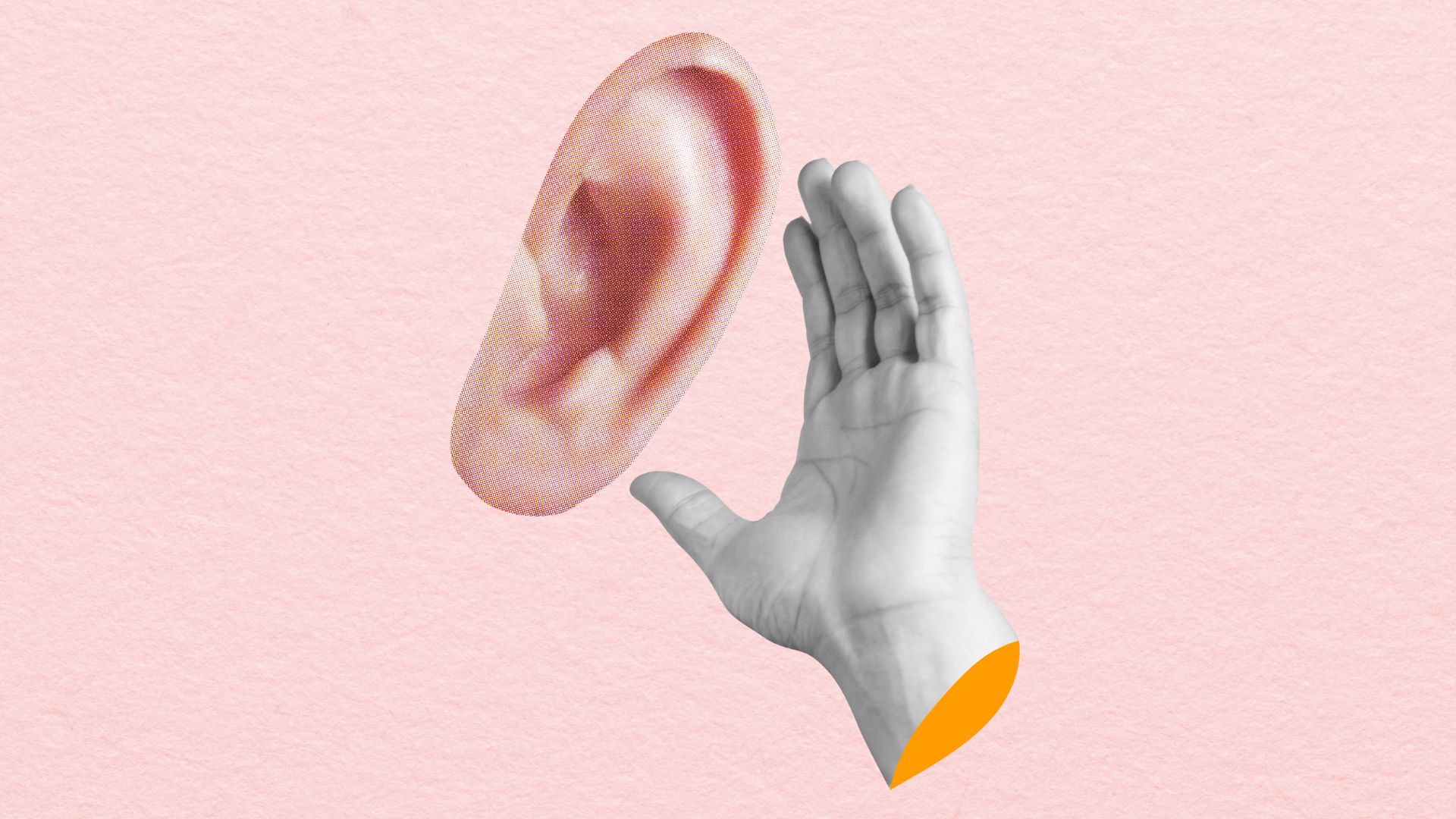 I started losing my hearing in my 40s - here's why you should never ignore the signs like I did
I started losing my hearing in my 40s - here's why you should never ignore the signs like I didNot only the elderly experience signs of hearing loss, contrary to popular belief
By Debra Waters Published
-
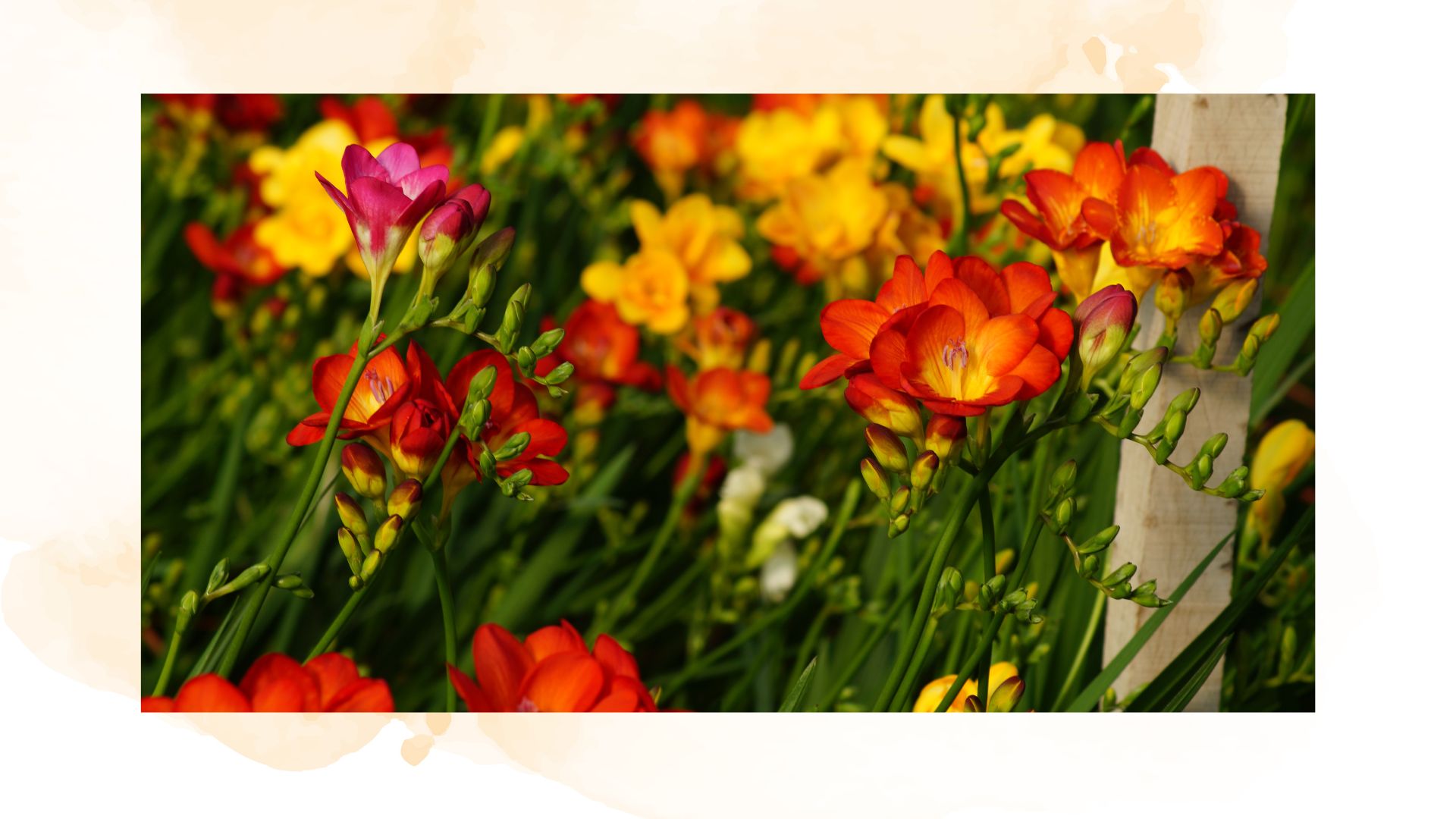 How to plant freesia bulbs: easy steps for colourful summer blooms
How to plant freesia bulbs: easy steps for colourful summer bloomsIf you're looking to add some vivid colour and life to your garden, freesias are the perfect choice
By Emily Smith Published
-
 How to plant freesia bulbs: easy steps for colourful summer blooms
How to plant freesia bulbs: easy steps for colourful summer bloomsIf you're looking to add some vivid colour and life to your garden, freesias are the perfect choice
By Emily Smith Published
-
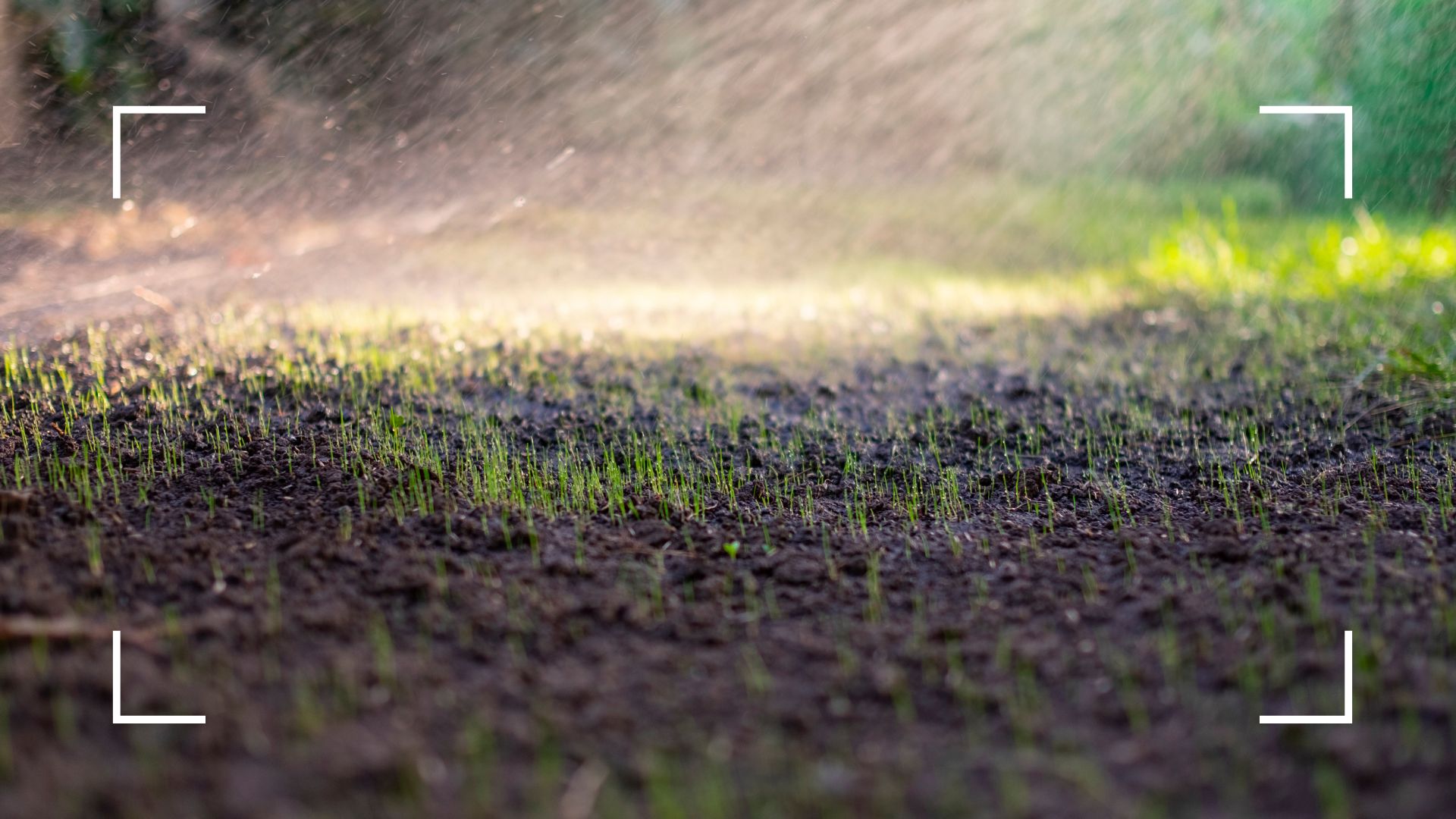 Gardening experts reveal how often you should water grass seed for a luscious lawn this summer
Gardening experts reveal how often you should water grass seed for a luscious lawn this summerWant your lawn to be looking its best by the time summer rolls around? You'll need to make sure you're watering it the perfect amount
By Emily Smith Published
-
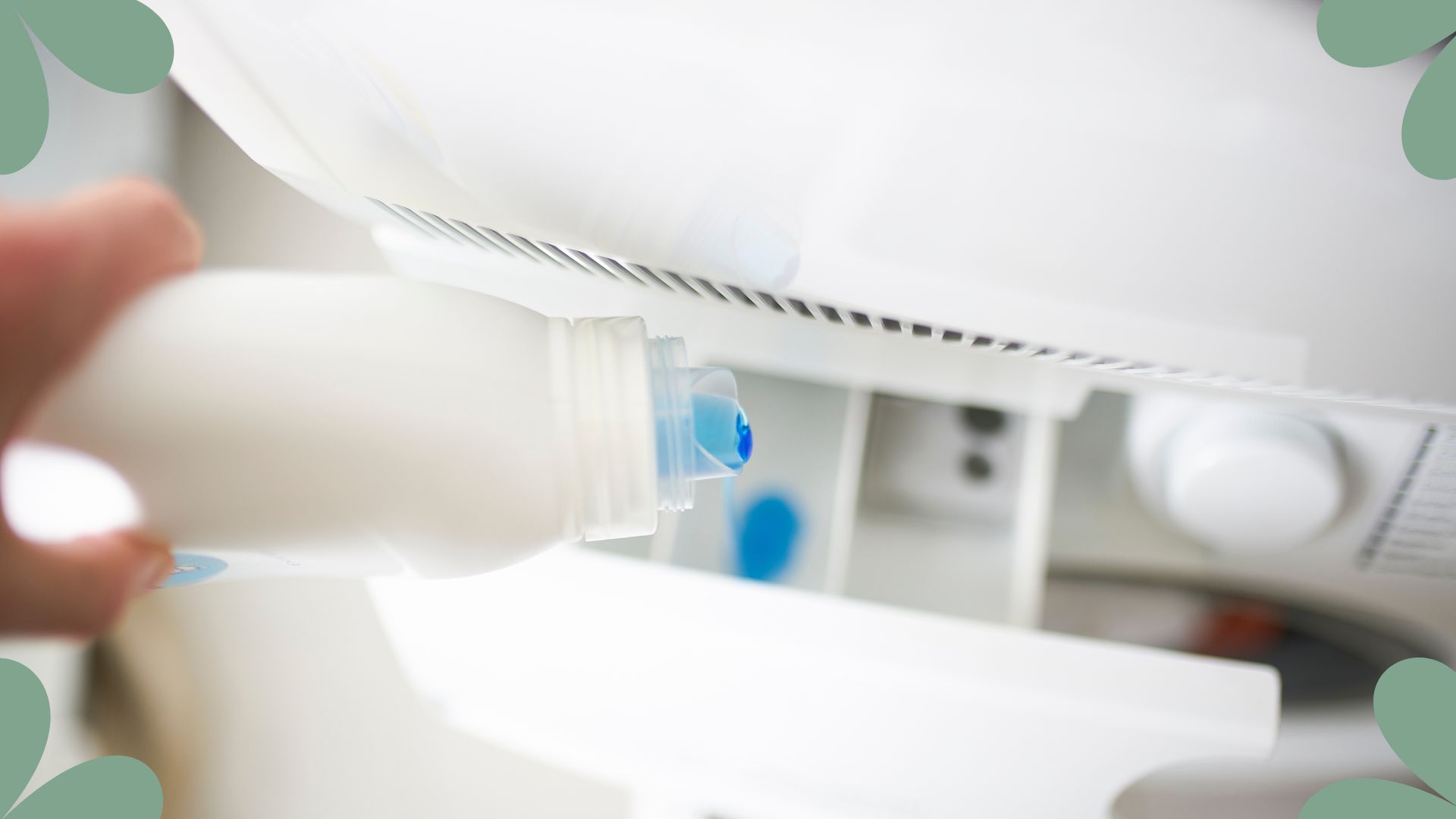 Lynsey Crombie reveals the surprising laundry mistake leaving your clothes smelling 'stale and nasty'
Lynsey Crombie reveals the surprising laundry mistake leaving your clothes smelling 'stale and nasty'Do your clothes smell unpleasant even after you've washed them? It could be your fabric conditioner
By Emily Smith Published
-
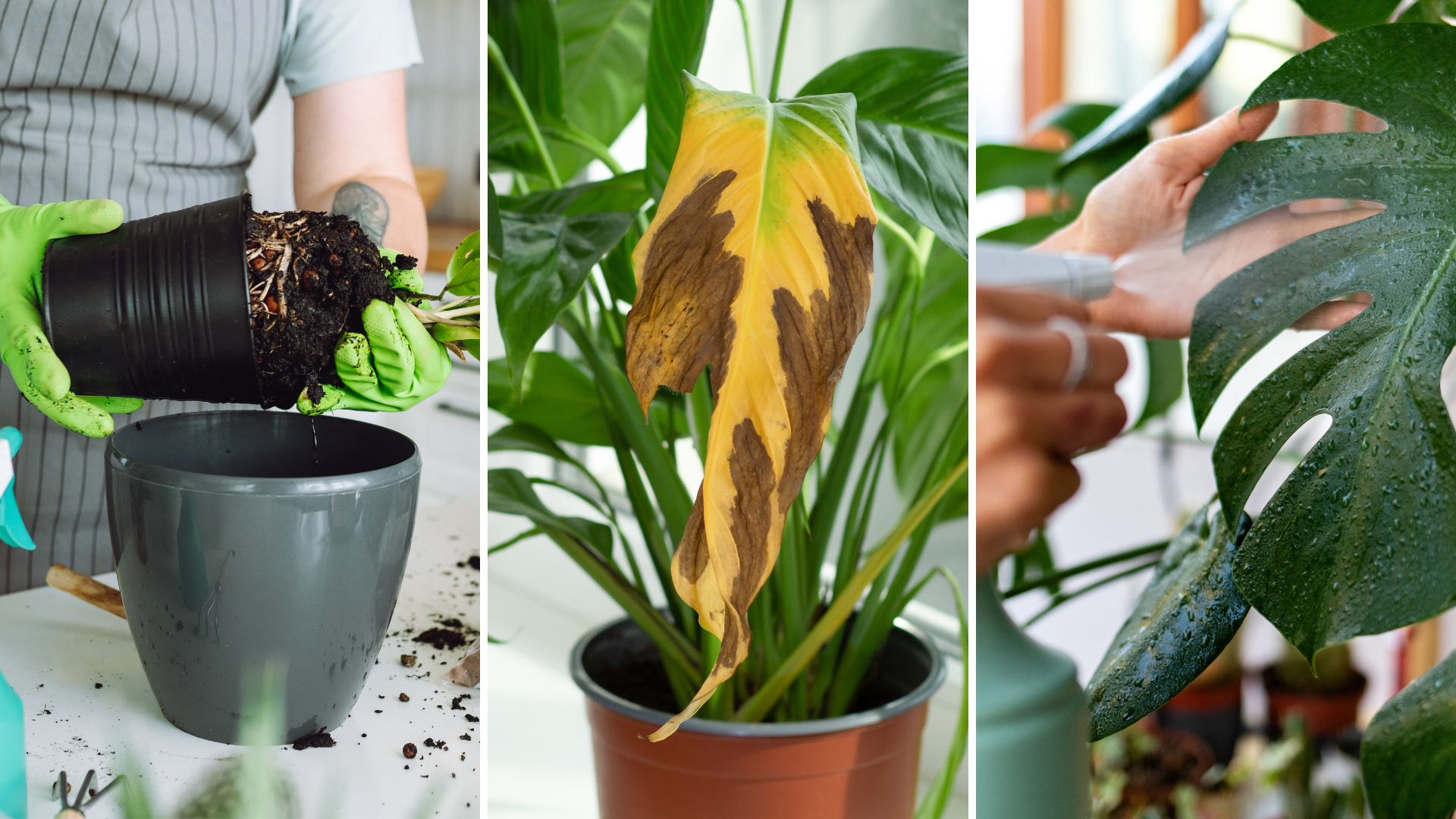 6 common houseplant myths to ignore, warn horticulture experts
6 common houseplant myths to ignore, warn horticulture expertsThese common misconceptions about caring for indoor plants might surprise you – they feel perfectly logical
By Emily Smith Published
-
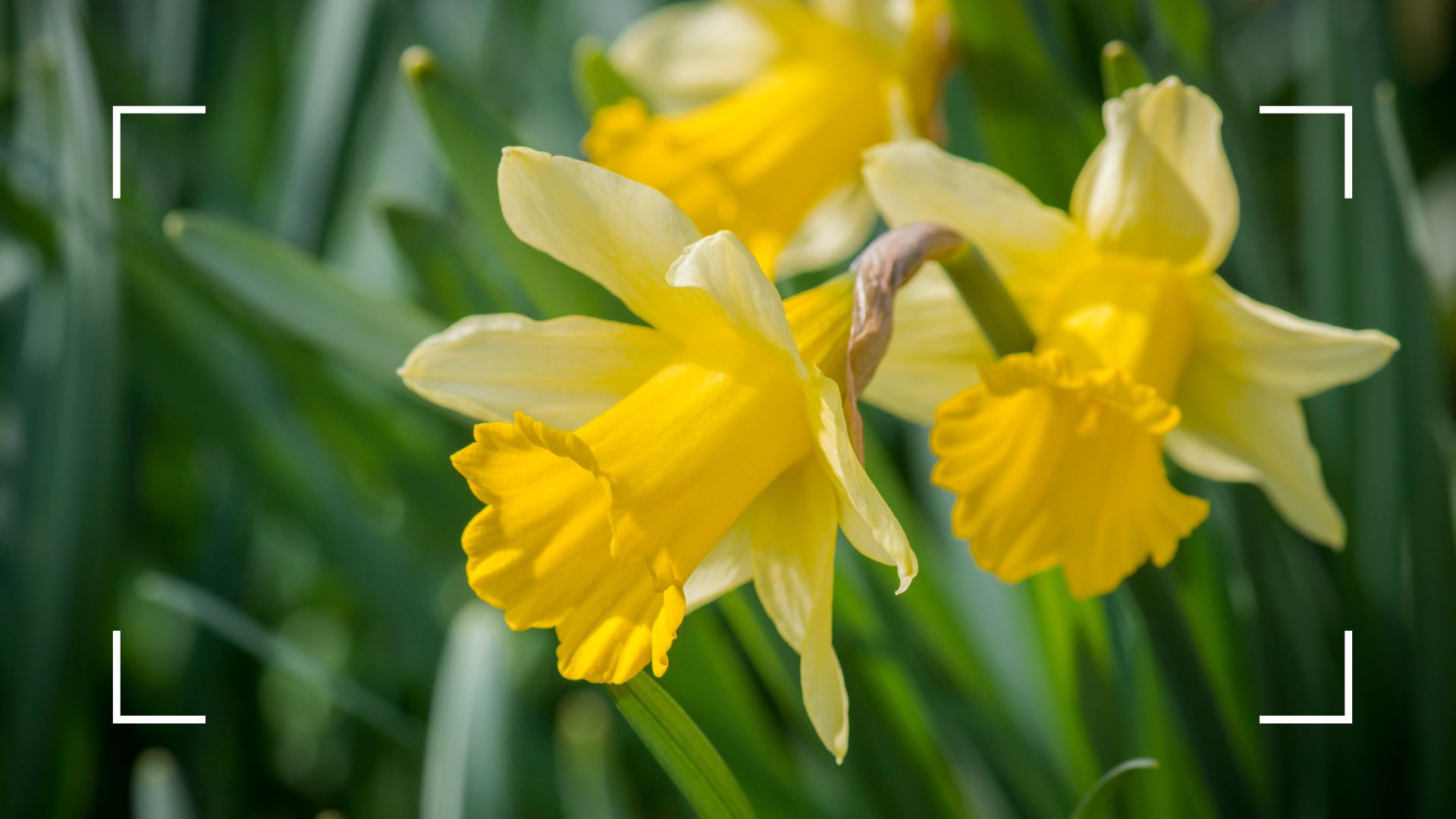 Should you deadhead daffodils? Gardening experts share their advice for longer-lasting blooms
Should you deadhead daffodils? Gardening experts share their advice for longer-lasting bloomsThese butter-yellow flowers are one of the first signs of spring, but should you deadhead or leave them be?
By Emily Smith Published
-
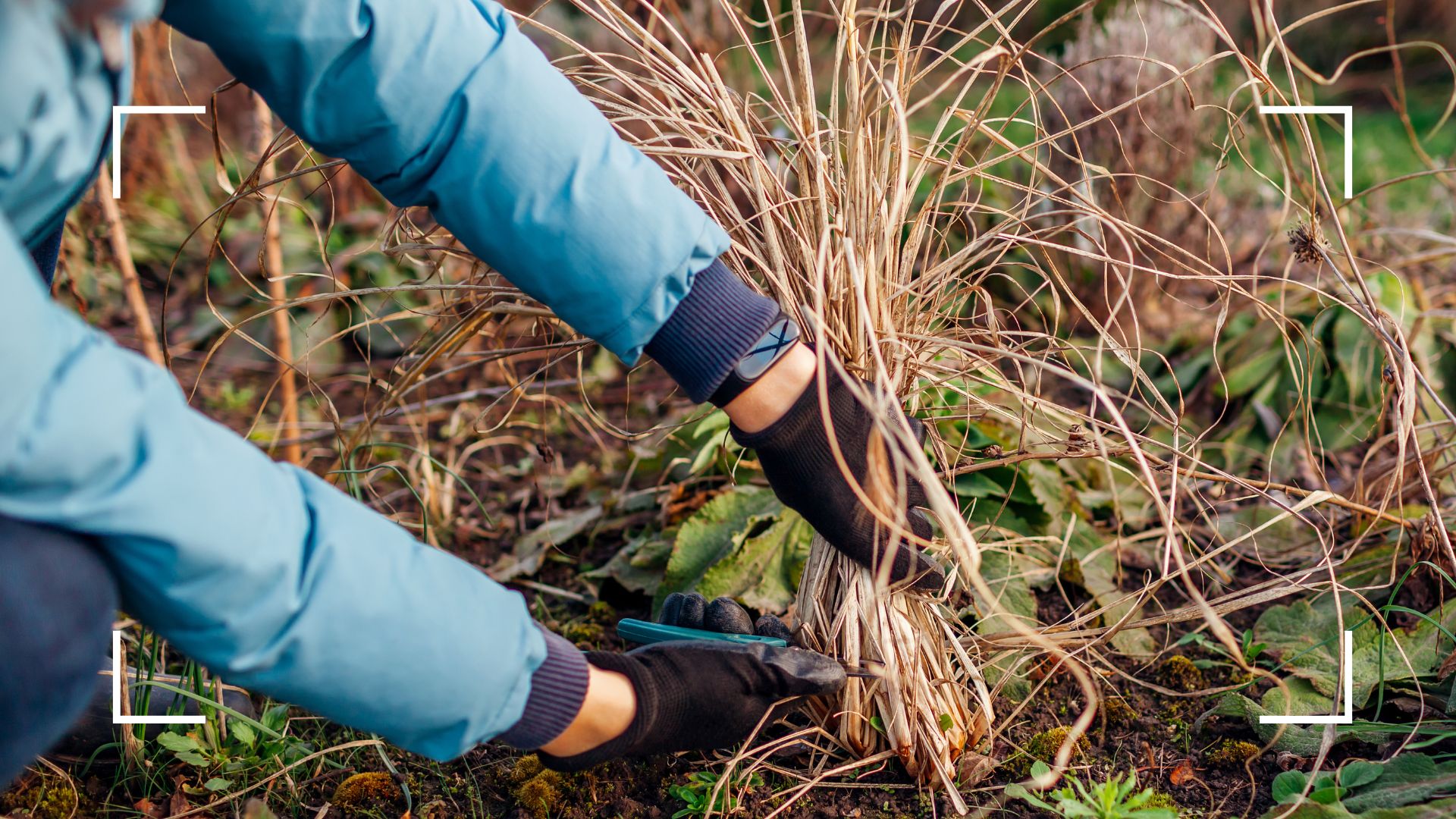 It's time to cut back ornamental grasses, and the expert team at Sarah Raven are here to help
It's time to cut back ornamental grasses, and the expert team at Sarah Raven are here to helpWith spring well and truly here, the team share their top tips to get ornamental grasses ready for new growth
By Emily Smith Published
-
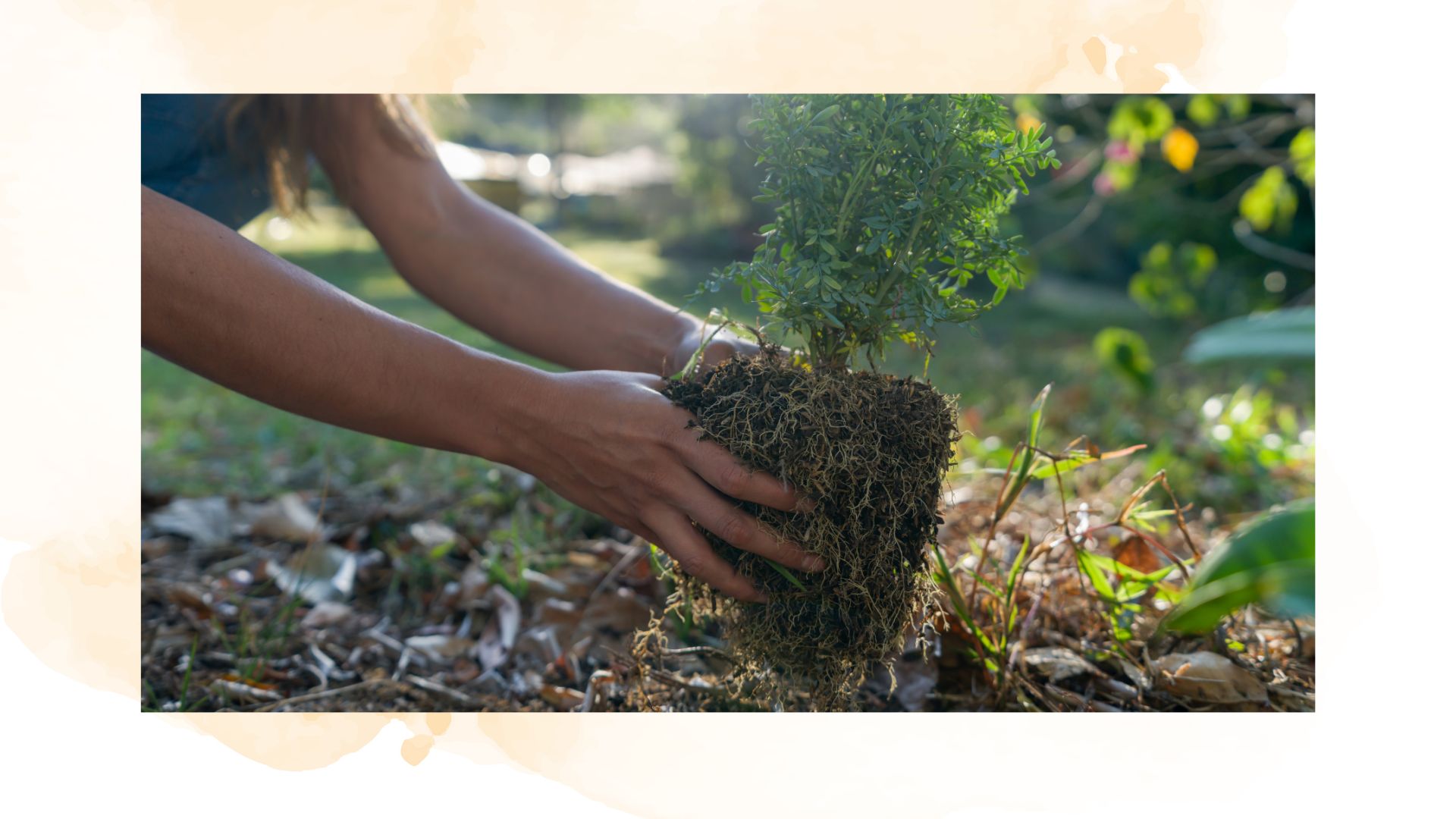 Monty Don's 'genius' planting trick gives outdoor plants the best chance of thriving
Monty Don's 'genius' planting trick gives outdoor plants the best chance of thrivingThis mess-free trick will make planting seamless - and give your plant a great headstart
By Emily Smith Published
-
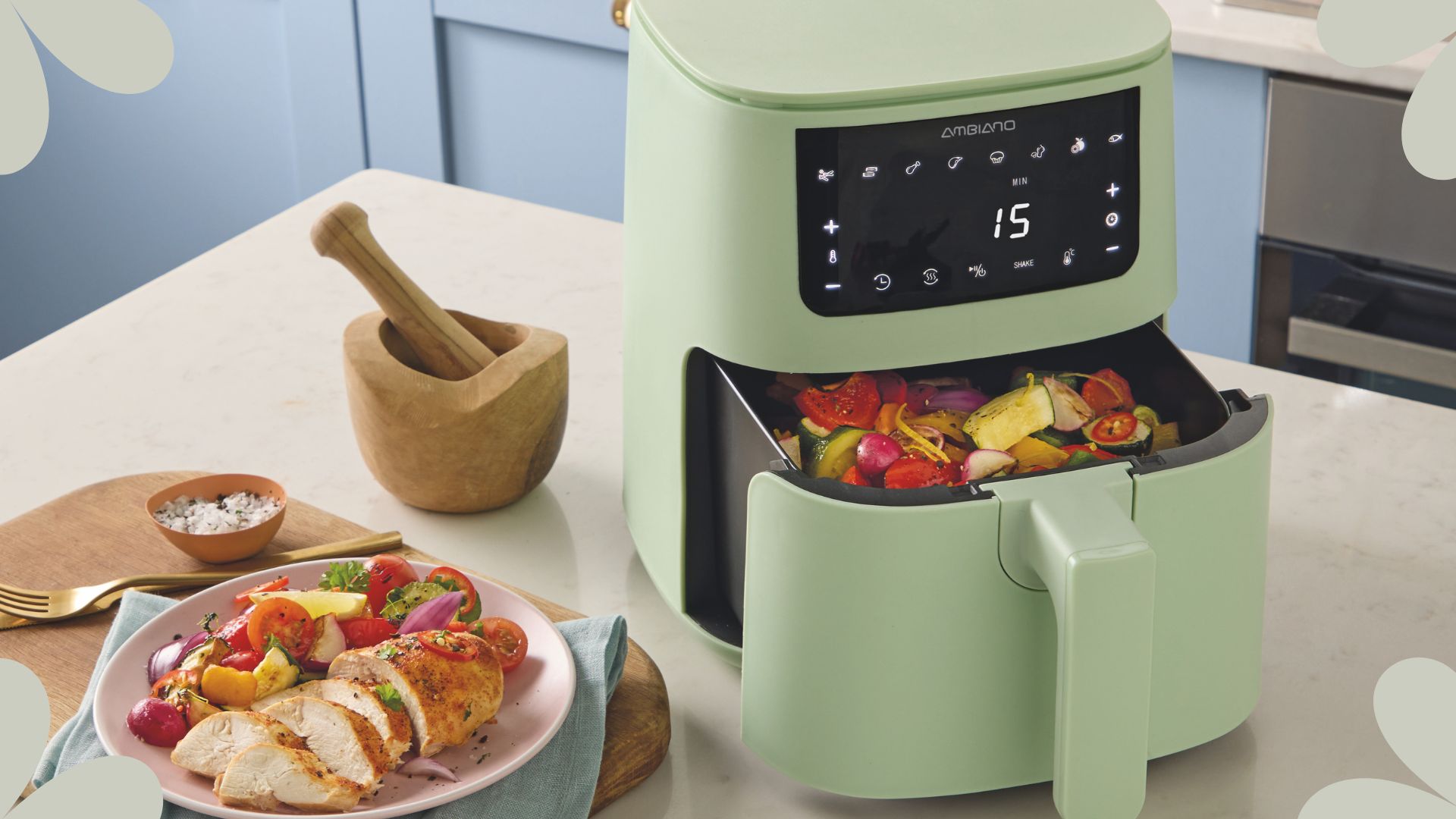 Aldi's on-trend pistachio green air fryer is just £29.99 – stylish and affordable, I had to get one
Aldi's on-trend pistachio green air fryer is just £29.99 – stylish and affordable, I had to get oneColourful, compact and cheaper than comparative models – all the ingredients that made this Aldi Specialbuy hard to resist
By Tamara Kelly Published